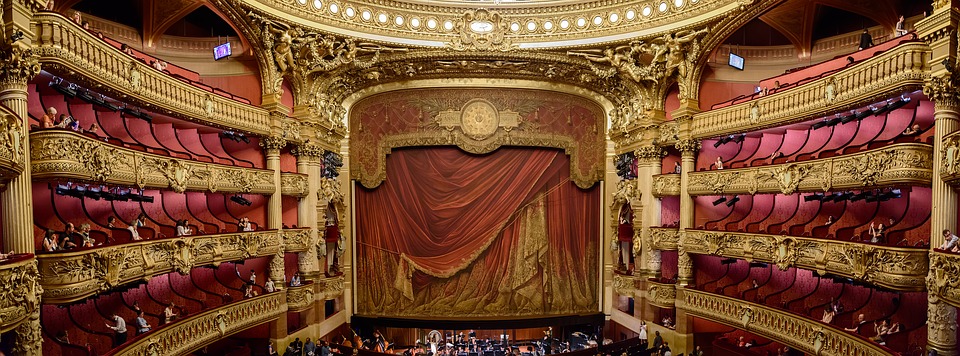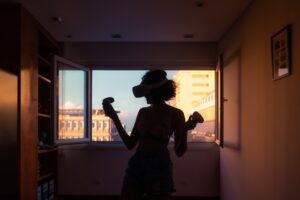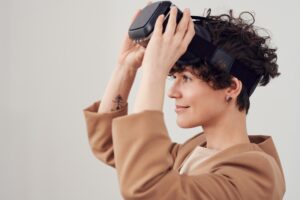When Evelin Costello, a dementia patient, viewed an opera performance through a VR headset, it took her back to her early life when she and her husband watched every opera show. During the VR experience, Evelin clapped, cried, and moved in her seat during the VR opera performance as it was so real for her.
The VR tech creates a 360-degree view, allowing users to move around and see the performance from all the angles just by moving their head. It is a pilot concept by Ryman Healthcare and Inverse, a tech company focused on evaluating virtual reality and live opera’s therapeutic effects.
According to research, around 460,000 Australians have dementia, and there is evidence that music can help improve symptoms, attach patients to places and people from their past, and awaken emotions and memories.
Also, it is not the only new tech used to help improve older people’s lives. Arcade-style game tech is also tested to try new exercise options in Victoria and New South Wales in aged care homes.
“Seeing them clap and laugh and some try to get up and dance — I think that’s more than we could hope for. I briefed the residents and said, ‘Look if you’re feeling vertigo just take your headset off’. Not one of them took their headset off. They were all in there for the full 20 minutes. They took it off and they were exhilarated. I think it breaks the stereotypes about acceptability to technology as well.” – Darren Vukasinovic, founder, Inverse.
The virtual reality opera had Melba Opera Trust alumni Nathan Lay, Stacey Alleaume, Michael Petruccelli, and pianist Amir Farid. It was their first performance in a long time due to the COVID-19 lockdown.
Follow us on LinkedIn
Read other Articles





